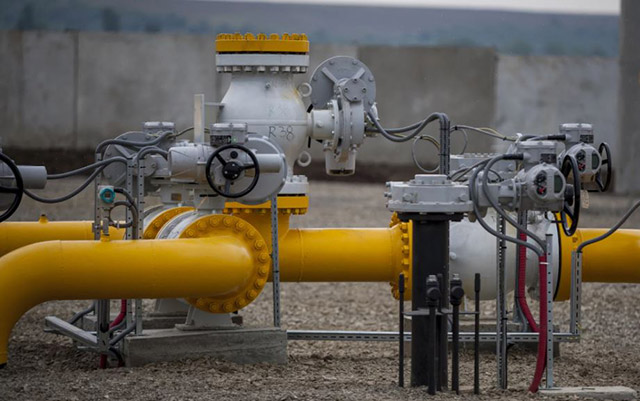The European Commission today unveiled a plan to make Europe independent from Russian fossil fuels well before 2030, starting with gas, in light of Russia’s invasion of Ukraine.
This plan also outlines a series of measures to respond to rising energy prices in Europe and to replenish gas stocks for next winter. REPowerEU will seek to diversify gas supplies, speed up the roll-out of renewable gases and replace gas in heating and power generation. This can reduce EU demand for Russian gas by two thirds before the end of the year.
Commission President Ursula von der Leyen said: “We must become independent from Russian oil, coal and gas. We simply cannot rely on a supplier who explicitly threatens us. We need to act now to mitigate the impact of rising energy prices, diversify our gas supply for next winter and accelerate the clean energy transition. The quicker we switch to renewables and hydrogen, combined with more energy efficiency, the quicker we will be truly independent and master our energy system.”
Executive Vice-President for the European Green Deal, Frans Timmermans added: “Putin’s war in Ukraine demonstrates the urgency of accelerating our clean energy transition.”
Read also
REPowerEU – eliminating Europe’s dependence on Russian gas before 2030
Phasing out the EU’s dependence on fossil fuels from Russia can be done well before 2030. To do so, the Commission proposes to develop a REPowerEU plan that will increase the resilience of the EU-wide energy system based on two pillars:
Diversifying gas supplies, via higher Liquefied Natural Gas (LNG) and pipeline imports from non-Russian suppliers, and larger volumes of biomethane and renewable hydrogen production and imports;
Reducing faster the use of fossil fuels in homes, buildings, industry, and the power system, by boosting energy efficiency, increasing renewables and electrification, and addressing infrastructure bottlenecks.
With the measures in the REPowerEU plan, the EU could gradually remove at least 155 bcm of fossil gas use, which is equivalent to the volume imported from Russia in 2021. Nearly two thirds of that reduction can be achieved within a year, ending the EU’s overdependence on a single supplier.
Following the invasion of Ukraine, the case for a rapid clean energy transition has never been stronger and clearer. The EU imports 90% of its gas consumption, with Russia providing around 45% of those imports, in varying levels across Member States. Russia also accounts for around 25% of oil imports and 45% of coal imports.























































